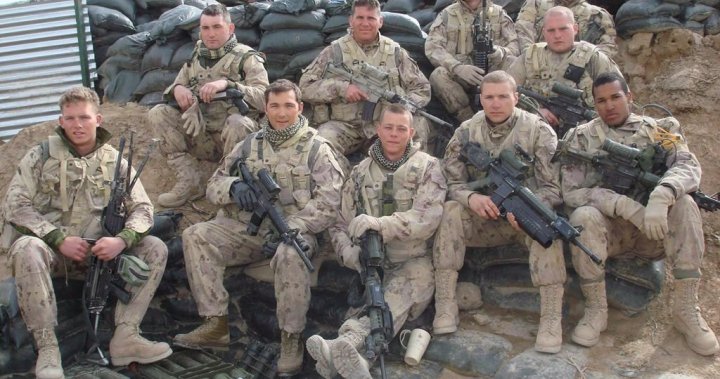
Desmond inquiry: presiding judge hints at key recommendation as testimony concludes
Global News
More than five years after the killings in rural Nova Scotia, the provincial fatality inquiry heard from its final witness Tuesday: the province's chief firearms officer.
When an inquiry started investigating why Afghanistan war veteran Lionel Desmond killed his family and himself in 2017, one of the key questions was how he got access to an assault-style rifle.
More than five years after the killings in rural Nova Scotia, the provincial fatality inquiry heard from its final witness Tuesday: the province’s chief firearms officer.
John Parkin, who testified at earlier hearings, faced more questions related to Desmond’s legal purchase of the semi-automatic SKS 7.62 carbine he used to kill his wife, mother and 10-year-old daughter before he turned the gun on himself on Jan. 3, 2017.
The inquiry, which started hearing testimony in January 2020, has heard the former infantryman’s firearms licence was suspended in December 2015 after he was arrested in New Brunswick under the province’s Mental Health Act.
At the time, his wife Shanna was in Nova Scotia, where she told the RCMP she had received texts indicating the former corporal, who had been diagnosed with major depression and severe PTSD in 2011, was preparing to kill himself in their home in Oromocto, N.B.
Desmond’s firearms licence, however, was reinstated in May 2016 after a New Brunswick doctor signed a medical assessment form that declared Desmond was “non-suicidal and stable.”
“He was very open with his feelings, and he had things to live for,” Dr. Paul Smith told the inquiry on Feb. 24, 2020.
The physician said he was unaware his recommendation would carry so much weight. In fact, he said, he expected Desmond’s licence would be rejected by the RCMP or another agency. “I didn’t think I was the final decision-maker,” he testified.











